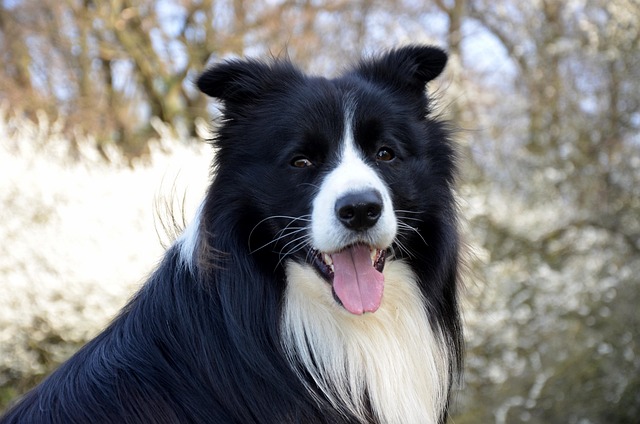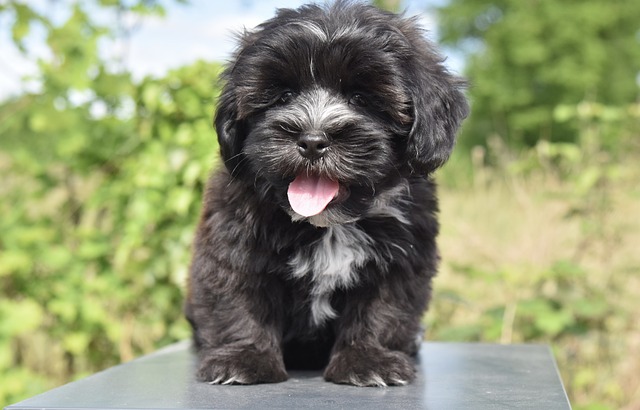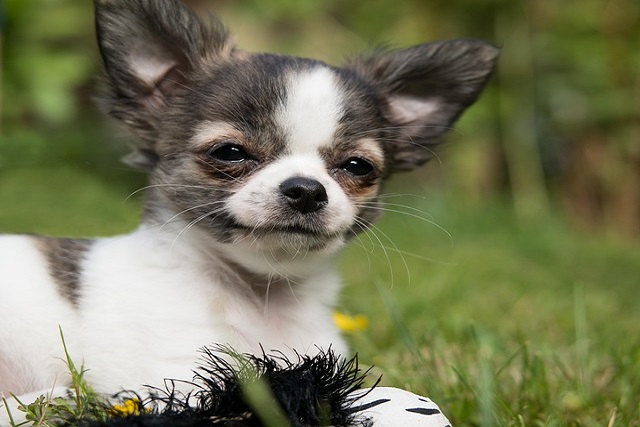Bichons are like little balls of energy wrapped in fluffy white fur—their bright eyes and wagging tails make it hard to stay mad, even when they’re chewing your favorite shoes or darting through the house with a stolen sock. But when that playfulness crosses into naughtiness—jumping on guests, ignoring commands, or barking nonstop—it can test even the most patient owner. The good news is that their mischief often comes from boredom or a need for attention, and with the right approach, you can guide them toward better behavior without losing that spark that makes them so lovable.
Start by figuring out why they’re acting out. Bichons thrive on interaction; if they’re left alone for hours with nothing to do, they’ll find their own fun—and that usually means trouble. Try leaving puzzle toys stuffed with treats when you’re out, or set up a window perch where they can watch birds (a great distraction). When you’re home, spend 15-20 minutes each day on structured play—fetch in the yard, a game of hide-and-seek with their favorite toy. Tiring them out physically and mentally cuts down on the urge to misbehave, and it strengthens your bond too.
Consistency is key with these little pups. Bichons are smart, but they get confused if rules change. If “no jumping” means one thing today and another tomorrow, they’ll keep trying their luck. Decide on clear boundaries—like no paws on the couch or sitting before getting treats—and stick to them. When they obey, cheer loudly and give a tiny reward, like a piece of cheese or extra pets. If they misbehave, a firm “no” and a quick redirect works better than scolding. For example, if they’re chewing the rug, hand them a chew toy instead. They’ll learn faster when good choices get positive reactions.
 Socialization helps too, especially if their naughtiness shows up around new people or dogs. Bichons can be clingy, and that anxiety might make them act out—jumping to say hello or barking to protect you. Take them to dog parks (once they’re vaccinated) or invite friends over regularly, rewarding calm behavior with treats. Letting them meet different people and animals builds confidence, and a confident Bichon is less likely to act up. Just keep sessions short at first; overwhelming them will only make things worse.
Socialization helps too, especially if their naughtiness shows up around new people or dogs. Bichons can be clingy, and that anxiety might make them act out—jumping to say hello or barking to protect you. Take them to dog parks (once they’re vaccinated) or invite friends over regularly, rewarding calm behavior with treats. Letting them meet different people and animals builds confidence, and a confident Bichon is less likely to act up. Just keep sessions short at first; overwhelming them will only make things worse.
Training classes are a game-changer for stubborn Bichons. Their eagerness to please shines in group settings, and a professional trainer can show you tricks to reinforce commands like “sit” or “stay” when they’re distracted. Many communities offer puppy or basic obedience classes, which also let your Bichon play with other dogs in a controlled space. Plus, it’s a chance to learn what motivates your pup—some go crazy for praise, others for tiny treats—and use that to your advantage at home.
Remember, Bichons respond best to kindness. Yelling or punishment scares them, and a scared dog is more likely to misbehave out of stress. Instead, focus on catching them being good. Did they lie quietly while you talked on the phone? Tell them they’re a good boy or girl. Did they drop a stolen item when you asked? Celebrate like it’s a big win. Over time, they’ll realize that good behavior gets them the attention they crave. And when they do slip up? Take a breath, redirect, and try again. These little dogs have so much love to give—guiding their energy in the right direction helps both of you enjoy a happier, calmer life together.

 Socialization helps too, especially if their naughtiness shows up around new people or dogs. Bichons can be clingy, and that anxiety might make them act out—jumping to say hello or barking to protect you. Take them to dog parks (once they’re vaccinated) or invite friends over regularly, rewarding calm behavior with treats. Letting them meet different people and animals builds confidence, and a confident Bichon is less likely to act up. Just keep sessions short at first; overwhelming them will only make things worse.
Socialization helps too, especially if their naughtiness shows up around new people or dogs. Bichons can be clingy, and that anxiety might make them act out—jumping to say hello or barking to protect you. Take them to dog parks (once they’re vaccinated) or invite friends over regularly, rewarding calm behavior with treats. Letting them meet different people and animals builds confidence, and a confident Bichon is less likely to act up. Just keep sessions short at first; overwhelming them will only make things worse.



